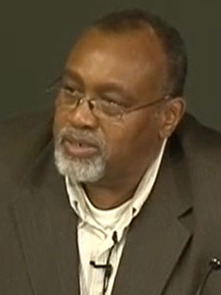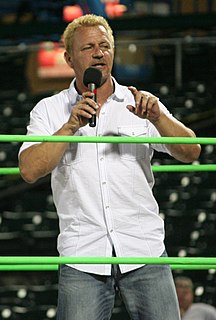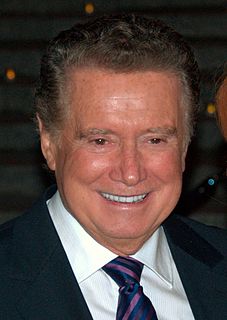A Quote by Nat Hentoff
If [Bill Shawn] liked the piece, then he would run it. But he wanted the magazine to be something that was more than just a weekly event. And as a result you could pick up a New Yorker under him, as I mentioned before, a year from then or 10 years or 20 years and there would always be something worth reading in it.
Related Quotes
Clay Felker was then - he had - to his credit, he had created New York Magazine, which was the first of the city magazines that covered the city and gave all kinds of advice and all that sort of stuff. And there were copies all over the country by the time he left. He had, however, a view of journalism that was very much, I must say, like Tina Brown's at The New Yorker. You hit 'em hard, fast, give 'em something to talk about the day after the paper comes out, as contrasted with William Shawn, who gave them something to talk about two or three years from then.
If you were a kid in 1955, you would pick up a copy of 'Popular Science' and it would say, 'This is the kind of car you're going to be driving in five years or in 20 years you'll be able to take a jet plane from New York to London in four hours,' or something like that. We actually got used to the idea that the future's going to be different.
The heartbreak that it might not happen wasn't something that I wanted to face with any more weight. Then, when I got the call to go ahead I never thought for a second as I was approaching it who I would get - that would come later. Again, I think the idea was that I now had the rights to make the movie and I can start writing it but if I have to wait another 10 years before I find an actor that's right for it, I'd be very happy to do that.
You can put a person in jail for 5 years, for 10 years, or 20 years, for the same crime. We're deciding on 10 years to 20 years, when 5 years would be enough. Okay. The deterrent value, the additional amount of leverage that you get over a criminal to keep them from breaking the law in the first place, associated with making the sentences longer, is de minimous; it's essentially nothing.
I would do the morning show and then just walk over to the network side of the building here at ABC in New York and sit down and start it up again and introduce the 10 contestants, and then introduce the 10 - the fastest finger question, and pick one of them, put them in the seat before you finally got to asking them the questions.
The Canon AE1 - a fully manual camera. [My mother] had a 50mm, which is a standard lens, and then I got a 28mm. Then I started a little punk magazine, a zine, when I was 14 or 15 years old. I was shooting my friends skateboarding and it was the beginning of the Macintosh. We wouldn't do layouts on the computer; we would pick the font and then type up a paragraph and then print it out and cut it up and put it in a little mock-up and Xerox it.
I've had two great years, probably five good years. So I had 20 years of just kind of uncertainty and suffering and ego destruction and poverty. All these things. There's no way I'm ever going to catch up to the misery years. It's impossible... If I don't do anything dumb or I don't get a disease or something, and then I've got to five to eight years I think where it'll really be great and then it will start to degenerate like uranium, you know?
I grew up in this household where reading was the most noble thing you could do. When I was a teenager, we would have family dinners where we all sat there reading. It wasn't because we didn't like each other. We just liked reading. The person who made my reading list until my late teen years was my mom.




































